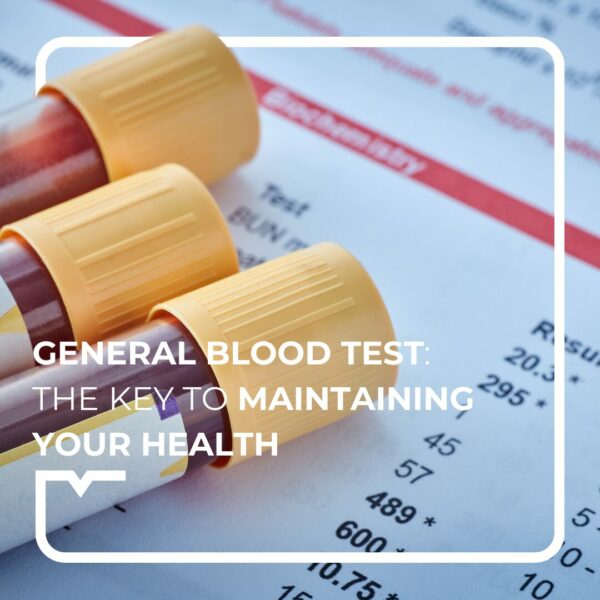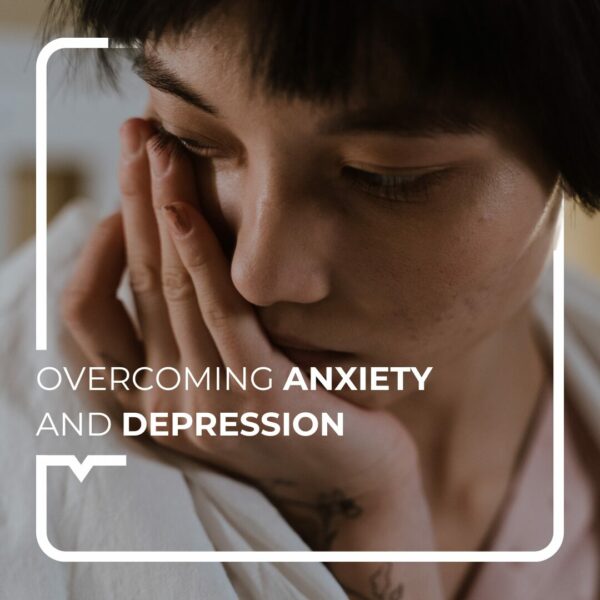Hello, I’m Dr Joy,
I recently spoke to a patient who was suffering from psychological trauma.
Many people are unaware of what this term covers, the variety of traumas that exist, their causes and consequences and, most importantly, how to deal with them.
Today I decided to investigate the subject in more detail.
1. What is psychological trauma and how does it develop?
Also known as trauma, it is the set of psychological mechanisms that can be triggered after one or more traumatic events. These events create an emotional burden that is too heavy to control and beyond the resources of the person experiencing it.
When we have a traumatic experience that we can’t deal with, our brain registers it and creates a response: that’s how trauma is born.
Traumas have various causes:
- Loss of a loved one,
- Rape or other sexual abuse,
- Accident and consequential injuries,
- Moral or physical harassment,
- Physical or verbal violence (which also includes domestic violence),
- Natural disasters or war,
- Poverty,
- Exposure to alcoholism,
- A painful word to hear,
- Being trapped in a lift,
- Conflicts at work or with loved ones
This is not an exhaustive list. We don’t all react in the same way to stressful events: depending on our psychological vulnerability, personality, personal history or context, we are unlikely to all experience identical traumas, either in terms of theme or intensity.
2. What are the different types of psychological trauma?
There are several types:
- Acute stress disorder (ASD), which corresponds to a reaction that develops in the month following exposure to a stressful event. This disorder includes intrusive memories of the trauma, avoidance of situations that might remind you of the trauma, mood swings, amnesia and a constant state of alertness. If the symptoms last longer than a month, the condition is known as post-traumatic stress disorder.
- Post-traumatic stress disorder (PTSD) is therefore an extended psychiatric pathology of ASD. It is characterised by severe psychological distress and physical complications that profoundly affect all aspects of the patient’s life. On a personal, professional and social level, PTSD makes everyday life difficult and can even lead to suicidal thoughts.
- Traumatic memory is a consequence of the most serious situations and takes the form of flashbacks, sensory illusions or nightmares that remind the subject of the trauma suffered. The person feels the same anguish, terror and psychological reactions as when they suffered the violence in question.
- Mood disorders that make it difficult to manage emotions. The individual experiences negative emotions more intensely and for longer periods of time.
3. What are the consequences of trauma?
What are the effects of trauma? Trauma can affect a person’s sense of security or identity, their ability to regulate their emotions, and their relationships with others. These symptoms are usually accompanied by feelings of shame or helplessness.
Trauma is also expressed through behaviour:
- Irritability,
- Difficulty concentrating,
- Feelings of guilt,
- Difficulty sleeping,
- Self-destructive behaviour
These symptoms have a major impact on the patient’s daily life.
4. How to get out of this situation?
In the case of psychological trauma, various types of therapy are used:
- EFT: an emotional release method that acts on the brain, sending messages of calm and serenity to the nervous system. By stimulating acupuncture points and repeating positive affirmations, the individual can gently free themselves from the traumatic event. This method triggers a relaxation response by reducing stress hormones, but also on a genetic level by modifying the expression of a gene and therefore the distressing memory associated with it.
- EMDR: This therapy consists of stimulating a neuro-emotional mechanism triggered by eye movements, which makes it possible to overcome traumatic events, even many years later. The person is asked to follow the movements of the therapist’s fingers in a calming environment. The therapist recodes the emotion associated with the trauma and, thanks to EMDR, transforms it into a positive or even neutral category.
- Psychology: Consult a psychologist can also help to treat trauma. By revisiting the memories, the individual releases the traumas associated with them and is finally freed from them.
- Hypnosis: This therapy restores a sense of security to the traumatised person. By creating a calm state of consciousness, hypnosis can reduce or even eliminate the negative emotions associated with these memories. It’s a safe way to free yourself from the past.
Sources :
This information is not a substitute for medical advice.
You must seek the advice of your doctor or another qualified health professional with any questions you may have regarding your health condition.



